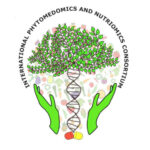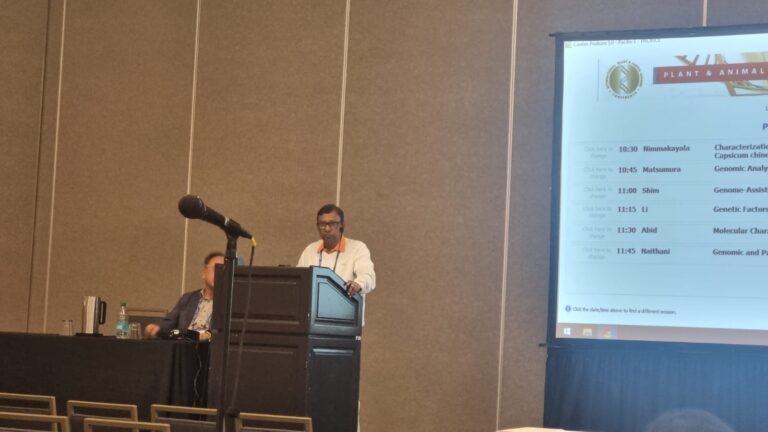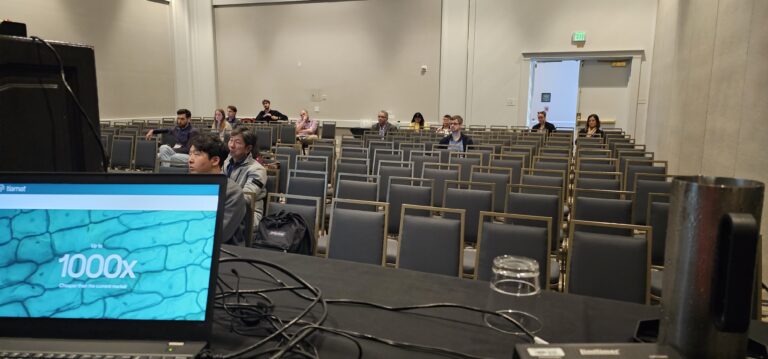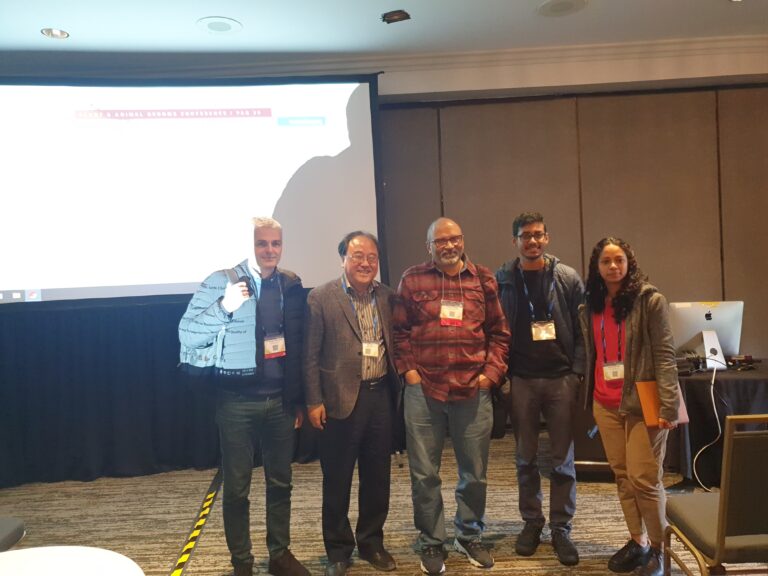The International Conference on the Status of Plant & Animal Genome Research
January 2011
Plant and Animal Genome XIX Conference
January 15-19, 2011
Town & Country Convention Center
San Diego, California
PHYTOMEDOMICS & NUTRIOMICS WORKSHOP
17 January 2011: 6:10 – 8:20 PM
Organizers: Prof. Chittaranjan Kole & Prof. Albert G. Abbott
Institute of Nutraceutical Research, Clemson University
(ckole@clemson.edu, aalbert@clemson.edu)
Address: Department of Genetics & Biochemistry, 100 Jordan Hall, Clemson University, SC 29634
The incidence rate of several deadly diseases, particularly cancer, diabetes and AIDS, that cause sufferings to 20, 171, and 33 million people, respectively in the world, is highly alarming. Hunger and malnutrition, together affecting over 800 million people, are also aggravating the threat to global human health. Exploitation of phytomedicinal plants and nutraceutical crops could serve as a potential source of alternative and complimentary medicines to mitigate these problems. Present world market of herbal drugs and dietary supplements is somewhere in between $20-50 million and is predicted to be at $5 trillion by 2050. Presently, plant-based drugs contribute 34% directly and 18% indirectly to clinical drugs. This commercial importance coupled with the severe prevalence of the deadly diseases has facilitated generation of genetic, genomics, and breeding resources in medicinal plants and nutraceutical crops. Genetic linkage maps for at least two medicinal plants, periwinkle and stevia, have already been developed. Recently, we have also constructed a genetic map of bitter melon and positioned genes/QTLs controlling fruit traits, and contents of phytomedicines acting against cancer, diabetes and HIV. Genetic maps of several field and fruit crops and map positions of genes/QTLs governing contents of many nutraceuticals are available now. Results on biosynthesis, biotransformation, and metabolic pathways of many therapeutic secondary metabolites have accumulated along with some structural and functional genomic resources at least for a few plants. Some of these encouraging achievements will be presented by the speakers of this workshop. The follow-up meeting of the International Consortium of Phytomedomics and Nutriomics will include comprehensive discussion to immediately initiate concerted global efforts for generating structural and functional genomics resources, and whole genome sequencing in a couple of model plants to start with. Interested people from the scientific community, public agencies, and private companies are welcome to participate both in the workshop and the follow-up meeting and extend views and suggestions to facilitate construction of the future road map of genomics and molecular breeding in phytomedical plants and nutraceutical crops.
Speakers:
6:10pm
Prof. Masaru Ohme-Takagi
Group Leader, Gene Regulation Research Group
Bioproduction Research Institute, National Institute of Advanced Industrial Science and Technology
Central 4, 1-1-1 Higashi, Tsukuba, Ibaraki 305-8562, Japan
Email: m-takagi@aist.go.jp
Topic: Hunting of Key Factors that Regulate Metabolic Pathway
6:30pm
Prof. Hajime Mizukami
Department of Pharmacognosy
Graduate School of Pharmaceutical Sciences, Nagoya City University
3-1 Tanabe-dori, Mizuho-ku
Nagoya, 467-8603, Japan
Email: hajimem@phar.nagoya-cu.ac.jp
Topic: Production of Bioactive Glycosides Using Plant Glycosyltransferase
6:50pm
Prof. Philipp W. Simon
USDA-ARS and University of Wisconsin-Madison,
Department of Horticulture, 1575 Linden Drive,
Madison, WI 53706, USA
Email: Philipp.Simon@ars.usda.gov
Topic: Genomics and Genetic Improvement of Carrot Pigments
7:10pm
Prof. Thomas M. Gradziel
Department of Pomology, University of California-Davis,
One Shields Avenue, Davis, CA 95616, USA
Email: tmgradziel@ucdavis.edu
Topic: Nutriomic Complexity of Whole Foods: The Almond Model
7:30pm
Dr. Qin Chen
Research Scientist,
Lethbridge Research Centre, Agriculture & Agri-Food Canada,
5403 – 1 Avenue South, PO BOX 3000
Lethbridge, Alberta T1J 4B1,
Phone: 403-317-2289
Fax: 403-382-3156
Email: qin.chen@agr.gc.ca
Topic: Potato Antioxidants and Their Effect on Proliferation of Cancer Cells
7:50pm
C Tom Hash
Principal Scientist (Breeding)
ICRISAT-Patancheru, Hyderabad
Andhra Pradesh 502 324, India
Email: c.hash@cgiar.org and ct_hash@yahoo.com
Topic: QTL Mapping and Marker-assisted Backcrossing to Further Improve Grain Fe and Zn Content in the Nutri-cereal Pearl Millet
8:10pm
Discussion



